Last updated on February 24, 2023
A film by Philippe Garrel
With Louis Garrel, Damien Mongin, Esther Garrel, Lena Garrel, Francine Bergé
Three siblings – played by director Philippe Garrel’s real-life children – are the latest generation in a family of puppeteers. Will this be the last? A tragic event tests their desire to continue the troupe, calling into question the very notion of vocation.
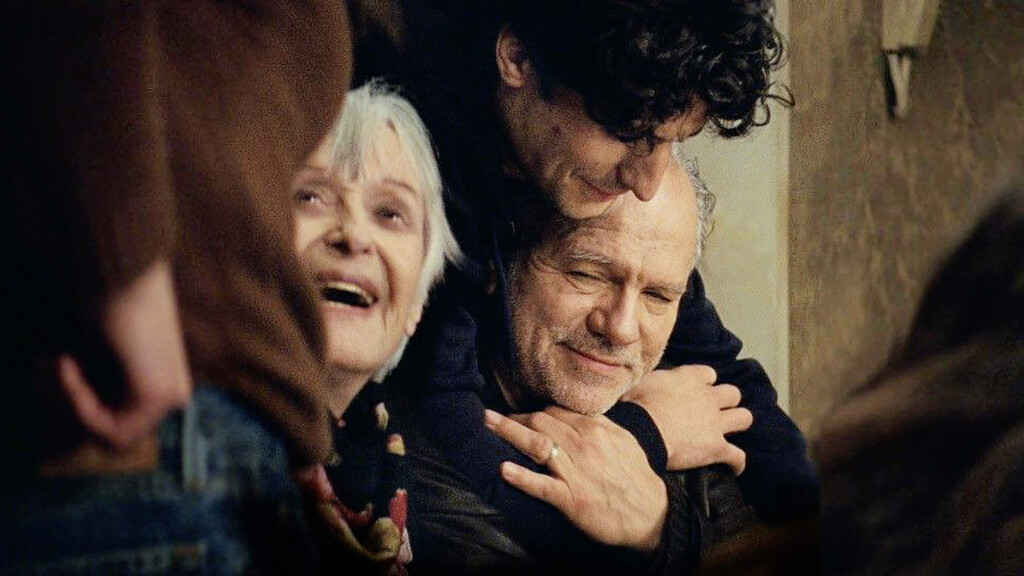
Our review: *(*)
Philippe Garrel has made in his last films (very visible in Salt of Tears) a turn in his cinema that he assumes. He tries to purify his stories and his dialogues to aim for a more direct, more concentrated, less reflective cinema, but which he wishes to carry philosophy and vibrations.
The Plough belongs to his projects that are dear to him. Garrel is never as good as when he talks about a subject that belongs to him, that he has lived, taken in, digested (Sauvage Innocence, La frontière de l’aube, L’Amant d’un jour, …). Typically he belongs to this category of artist who finds his inspiration in his Self. By speaking to us about Him, he speaks to us about us… On the other hand, when he focuses on a subject that is more foreign to him, an artificial component, too theoretical, is invited, which deprives the film of a more brutal and instantaneous emotion. Here, the subject is not directly his, at least on the surface. Philippe Garrel, moreover, opens his press conference at the Berlinale with a letter that he reads, to specify that the story he tells before being his own as a low-tech filmmaker (throughout the press conference he will demonstrate a humor and an omnipresence that perfectly suits the character, who is at the same time awake to the world and closed in on his own conceptions) belongs to the Garrel family, all summoning the memory of his grandparents puppeteers, attached to the tradition, to the transmission of this art, against the time that could tend to make it obsolete. Artist more or less understood, but also craftsman, Garrel here wants to question another facet that his children know, that of a family figure attached to an education where the values hold an important place, where the political fights are of all the conversations, of almost all the artistic gestures. A little later, Garrel will recall that he was brought closer to Godard, Straub and Carax towards the end of the 80s (hiding his friendly relationship with the latter), perhaps by artistic filiation, but more surely by convergence of political point of view (assumed extreme left). It is interesting to note that his daughter Lena, who until now had not been seen on a cinema screen, – but on the stage, the theater being venerated in the family in the line of thoughts of the grandfather Maurice who refused to play in Les amants du pont-neuf because he was acting on stage, continues this line of thought; His commitment is not in doubt, especially for the feminist cause, so it is no coincidence that Philippe Garrel wanted the character of Lena in The Plough to be a feminist activist who discusses it freely with his grandmother.
Obliged to work with a new cinematographer (certainly from the New Wave), Garrel leaves here his very beautiful black and white image that we could admire (for its beauty) as well as reproach him (for its dated side incoherent with the possibly contemporary character of his stories), to return to the color film. He himself considers the result very successful, in an astonishing self-satisfaction, specifying with a lot of humor, that he is not among the geniuses who write the films in the editing but among those who compose with the constraints of the shooting and think things in such a way as not to exhaust the film (thus can be justified his weak inclination to multiply the takes, following the example of a Clint Eastwood) But we do not necessarily share this observation, judging it more anodyne – we are very far from the care taken for example on the photography of Mal Viver
The plough, from our point of view, does not reach the intensity of the philosophical reflection, the plastic beauty, the emotional charge that we can find in his most successful films. The film is not lacking in good words, good ideas, little things that put together can question, distract, and make you have a good time. It also contains a beautiful part of sincerity, and the cast, which is entirely – or almost entirely – made up of the Garrel family, brings this touch of authenticity and reflexivity which gives off a certain charm (another trademark of Garrel‘s cinema, an enchanting side, an art of simply telling stories). But these good ideas, which make some of our foreign colleagues say that the film is so French – an assertion with which we disagree – since we are so far from Noe, Carax, Godard, Dumont, Denis, or even Truffaut, a little closer to Rohmer this said -, do not form a whole that can elevate the film and take it beyond the intimate family story and the transmission of values expanded – certainly interesting. In fact, Garrel‘s use of ellipses, and perhaps also of a certain form of facilitation, has missed from our point of view two main aspects that are very linked and that would give an additional truth to his characters. The interpretation indeed seems too little concerned with certain details, and the evolution of the family friend character towards failure and madness does not benefit from the care and patience that such a descent into hell would have required to make it true, to interrogate psychologically, and therefore to facilitate empathy. The narrative ellipses, but also the off-screen foreign to the story, confers to the detachment, to the taking of distance, antagonistic to what would have seemed to us a better idea, an immersion in the intimate. Perhaps because Garrel retranscribes a story that he has been told and of which he feels more in possession than it continues to inhabit him – even if the metaphor between the puppet show and the cinema, between the comedia dell’arte and The Plough seems obviously to be spun – he explains this sentence that comes naturally to mind at the end of the film: “Too bad” ….

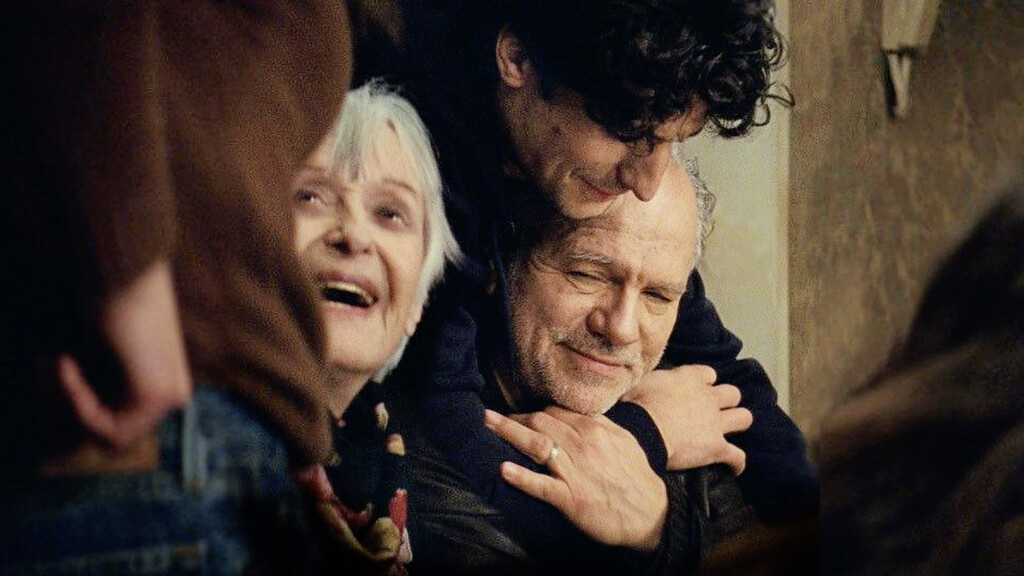
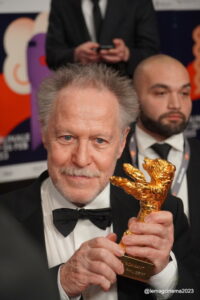
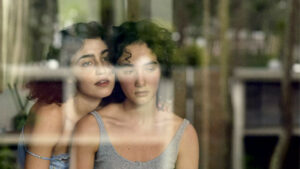
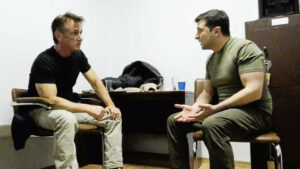

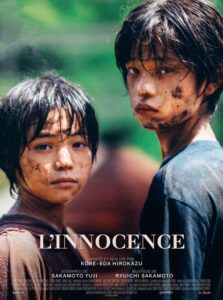


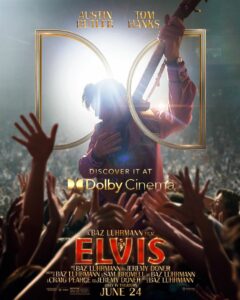
Be First to Comment